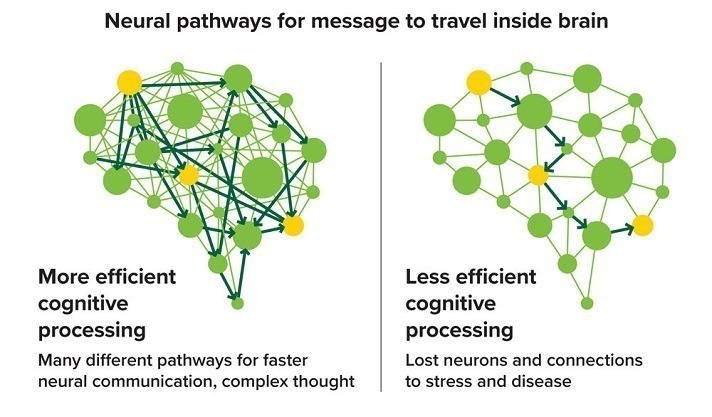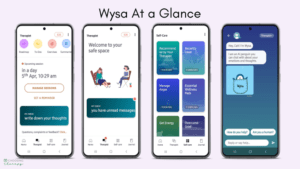Building cognitive reserve helps delay memory and thinking decline regardless of genetic or childhood markers
 Welcome to a new edition of SharpBrains’ e‑newsletter, featuring timely brain news and a few fun brain teasers to test your perceptual and cognitive skills.
Welcome to a new edition of SharpBrains’ e‑newsletter, featuring timely brain news and a few fun brain teasers to test your perceptual and cognitive skills.
“While our childhood can influence our memory and thinking skills later in life, this research underlines the message that it’s never too late to take action to support cognitive health.” — Dr Sara Imarisio, Head of Strategic Initiatives at Alzheimer’s Research UK
As the researchers point out, “The proposed approach offers a fully automated identification of MCI and dementia based on a recorded neuropsychological test, providing an opportunity to develop a remote screening tool that could be adapted easily to any language”
“Depression is usually managed effectively with antidepressants or by talking treatments, such as cognitive behaviour therapy, despite an incomplete understanding of the condition and how these treatments work. We cannot know if treatments address the underlying problem because we haven’t yet identified what that is. To imply that SSRI antidepressants may not be worthwhile is to misunderstand an evidence base that says the very opposite.”
“Recent events have a bigger impact on happiness than earlier events, so it can be a good strategy to save a couple things that have a chance of a big positive surprise for the last few days of your trip. It could be a novel experience that a lot of people like but you’re not sure what to expect … It probably isn’t another museum. Just make sure it’s not something that could get rained out”
“Many U.S. adults aren’t able to find help because of a shortage of therapists. Nearly 40% are struggling with mental health or substance abuse issues, according to the Centers for Disease Control and Prevention.
So millions of people are turning to online companies…”
As acknowledged “The main limitation of the current trial is the high dropout rate”, but context is key: “Most displaced people with mental disorders in low- and middle-income countries do not receive effective care, and their access to care has deteriorated during the Coronavirus Disease 2019 (COVID-19) pandemic”. — Innovation doesn’t need to be perfect, just better/ cheaper/ more accessible than alternatives.
Quite difficult market environment for an important evidence-based innovation — good news is they raised enough funds to test approach in the real world over the next 12–24 months. Let’s see!
“Typically, access to a mental health service is gated. It is restricted by some kind of diagnosis — saying only if you are severe enough you will be able to get to speak to a therapist because obviously therapy is expensive and somebody’s got to pay for it” … the app offers “early engagement and a safe space where people can come in and anonymously just talk about what’s bothering them.”
Finally, here are three quick brain teaser games to test your perceptual and cognitive skills. Wishing you and yours a healthy and stimulating month of September!

 #4.
#4.  #8.
#8. 
